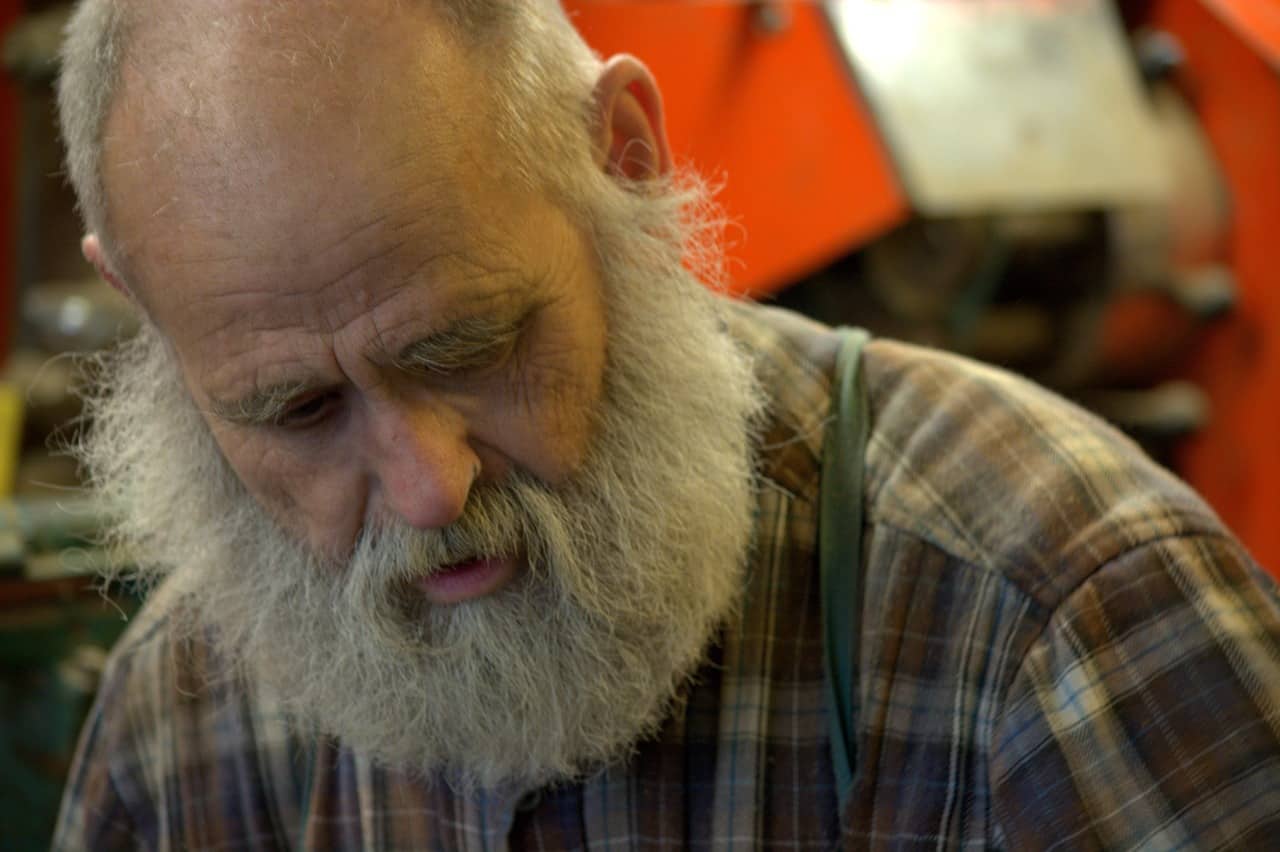You’ll Find Tips Here For Coping With Restlessness And Fidgeting In Your Senior Loved One
Caring for a senior loved one presents many challenges. One of the more challenging to cope with is restlessness in an individual. Pegasus home healthcare professionals in Canyon Country and elsewhere have collected these tips to help you understand this condition.
Restless individuals also often fidget. They may pick at anything they can get their hands on, especially their face. They often lack awareness of picking at themselves.
Restlessness has many causes. Some of the reasons are treatable, which relieves the restlessness. Even when the underlying condition is dementia, you have options to minimize the continual movement.
Restlessness Can Be A Side Effect Of Medications
One of the most common causes of restlessness is medications. It’s not unusual for seniors to be consuming a variety of drugs. Your first step is to inventory every prescription and over-the-counter remedy they’re taking.
Talk to a physician or pharmacist about all the side effects and interactions of everything in your inventory. All too often, seniors are taking drugs prescribed by a variety of practitioners. One practitioner may not be aware of what others are prescribing.
It’s possible that reductions or changes in meds will relieve, if not eliminate, the restlessness. Some physical conditions or meds may also have dietary restrictions. A Pegasus dietitian can help you with meeting nutritional needs and meal planning that may help reduce restlessness.
Other factors can include:
- Pain – you are probably aware of known causes of pain, such as arthritis, but there can be hidden conditions, such as dental pain
- Mental conditions – that can include depression, anxiety, loneliness, fear, or boredom
- Physical needs – your senior might be hungry or thirsty between meals or need to use the bathroom
- Environment – the room may be too hot, cold, noisy, quiet, bright, or dim
- Undiagnosed medical condition
If your senior is cognitively impaired, they may not be able to effectively communicate what’s bothering them.
Talk To Their Doctor
Consultation with a medical practitioner is often an excellent first step. A diagnosis can help determine appropriate treatment. Unfortunately, some healthcare practitioners rely solely on pharmaceuticals, including:
- Analgesics
- Anticonvulsants
- Antidepressants
- Antipsychotics
- Neuroleptics
- Sedatives
Obviously, there is a time and condition in which one or more of these may be appropriate. But those drugs have side effects that can be detrimental to your senior’s overall health. You may want to try non-drug options for their restlessness first.
Fidgeting Is Often Part of Cognitive Impairment
Fidgeting is continually making small, jerky, or convulsive movements. It’s common in seniors diagnosed with a cognitive impairment, such as Alzheimer’s. As well as causing dementia patients to pick at themselves, fidgeting can drive you up the wall.
You both benefit when you give your senior something to do with their hands. Depending on their level of impairment, choose objects that they can’t swallow or injure themselves with.
You might be able to renew their interest in a craft or hobby they enjoyed when they were younger. Or there might be some activity they wanted to try but never got around to it. Or you might be able to interest them in something you like doing.
Websites like Pinterest have a wealth of craft ideas. You find suggestions for dementia activities here and here. Most of these require a certain amount of dexterity and cognitive ability, and you’ll probably have to modify them.
A geriatric nurse practitioner has put together a collection of safe activities here. Her suggestions are easy to implement and inexpensive. You can pick and choose to fit different levels of ability.
Sensory Blankets Are Calming
If restlessness interferes with your senior loved one’s sleep, consider a sensory blanket. Also called weighted blankets or gravity blankets, these reduce anxiety. Individuals are calmed and rest better.
A weighted blanket weighs about 10 percent of adult body weight. It works by exerting deep pressure therapy. The body responds to the pressure by releasing serotonin, which is a calming hormone.
Sensory, or weighted, pads rest on an individual’s lap to calm daytime restlessness. This site includes tutorials for making weighted blankets or pads. You can also purchase the blankets and pads online or through retail stores such as Target.
Fidget blankets and other products are especially useful for seniors who are picking at themselves. Fidget products have a variety of objects attached to a soft toy, blanket, or pad.
You can purchase specially-made fidget products. You can also easily make one by securely attaching objects to something. You are limited only by your imagination.
The advantage of making a fidget product yourself is that you can attach particular objects your senior likes. Choose a diversity of colors, shapes, sizes, and textures. Your senior will be engrossed for hours.
If you knit, you can find the pattern and instructions here for making twiddlemuffs. Twiddlemuffs are shaped like hand warmers. You attach various objects to them for your senior to “twiddle” with rather than pick at themselves.
Pegasus is a licensed Home Care Organization and a Joint Commission Accredited Home Health Care organization. Our home healthcare specialists in Canyon Country and our other locations are experienced in dementia care. Whatever the level of care your loved one needs, we’ll be there for them.

